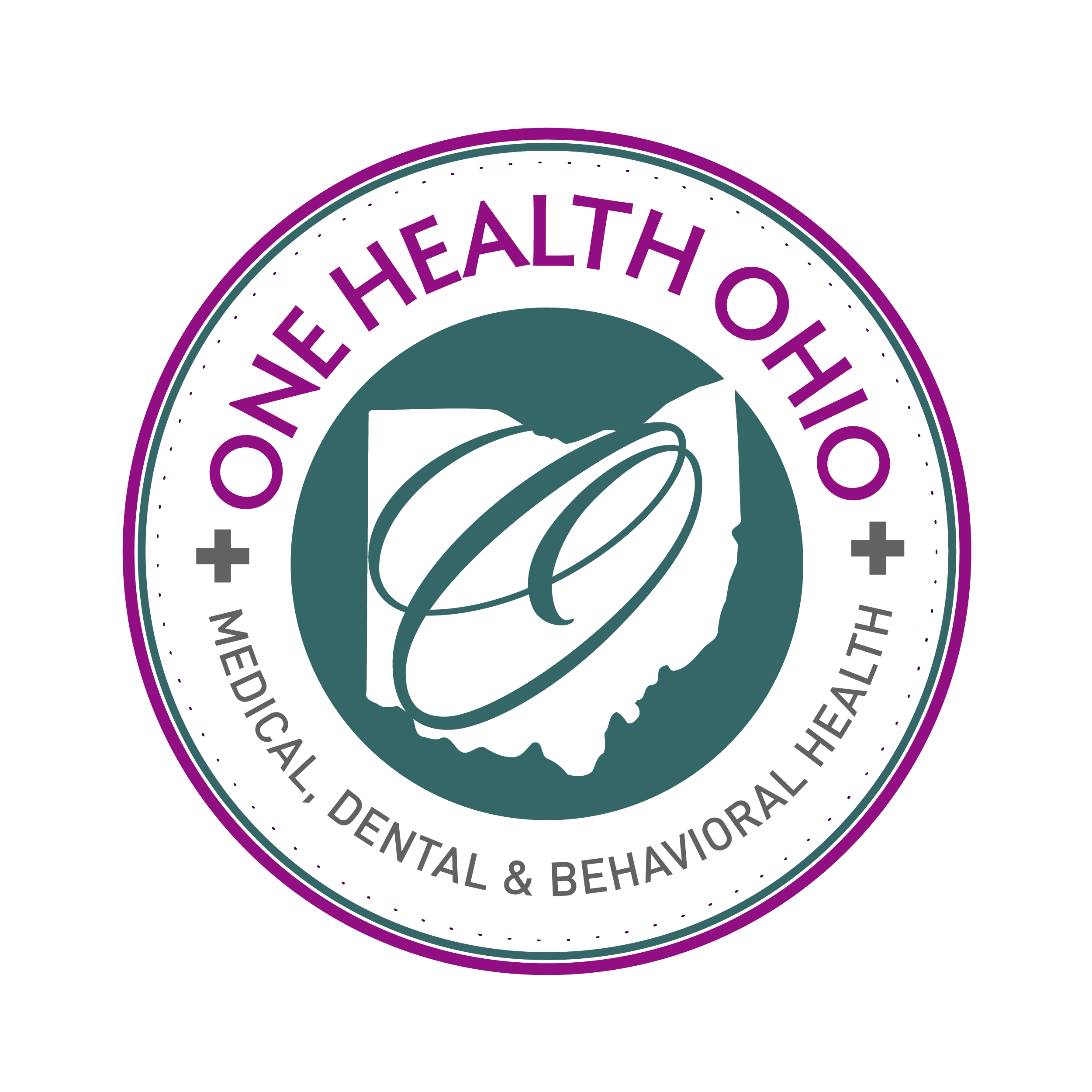
If I call you or make an appointment will anyone else find out?
Keeping your information private and confidential is central to what we do at RISE Recovery. We will not disclose your participation in our program under any circumstances, unless you specifically direct us to do so in writing. There are federal laws that work to protect information about those who seek treatment. No one at your workplace, in law enforcement, or in your family is entitled to know that you are seeking treatment. You are welcome to call us anonymously to start a conversation. You can take a look at our Privacy Policy here.
What should I expect at my First Appointment?
You should allow 45 minutes to an hour for your first visit. Our offices are set up just like any typical doctor’s office. We are singular in our treatment, so the only other patients you will see will be here for the same addiction challenges that you are facing. You will check in with our staff and fill out intake forms. Feel free to download the forms ahead of time or fill them out and bring them with you. After you finish the forms, you will give a urine sample and then a nurse will take your vitals and ask you some questions about your history. At that point you are ready to see one of our Clinicians. Your first appointment should take twenty to thirty minutes with the Clinician. During your appointment, your clinician will determine what the best course of action will be.
Do I need to be in withdrawal before I take my first dose of Suboxone?
Patients are recommended to be in “Mild Withdrawal” as defined by the Clinical Opiate Withdrawal Scale (COWS). If you are not experiencing mild withdrawal symptoms, you risk putting yourself into severe withdrawal when you take your first buprenorphine dose. This is called precipitated withdrawal. The amount of time you need to wait between your last opioid dose and your first buprenorphine dose is not just a function of time (hours or days), it is more a function of how long acting the last opioid you took is, and what dose you have been taking. For example, heroin and most pain pills are relatively short acting, but methadone is long acting and requires much more time to get out of your system. There is also a big difference between large and small doses; your tolerance will have a lot to do with how long you will need to wait to take your first dose of Suboxone (or other buprenorphine medication). Please be honest with your provider about your drug history so they can help you smoothly transition to buprenorphine.
How often do I need to come in for doctor visits?
It’s our goal to get patients to a monthly maintenance schedule. All patients, however, will be required to come in 3 days after their initial appointment to confirm that they are doing well, then weekly until stable. If you are stable and feeling good about your dosage, you will likely not have to come back for a month. Some patients struggle in the beginning and we ask to see them back at shorter intervals until they stabilize. If they cannot be stabilized inside of our program’s structure, we will refer them to more intensive programs. Almost all of our patients quickly find themselves visiting us monthly. For patients who need more intensive treatment, we will work with them to find a better match. Some patients leave RISE Recovery for more intensive alternatives and come back to us once they are more stable.
What about drug testing?
We collect a urine sample at each visit, and if you need a drug screen between appointments, we are happy to accommodate you. Patients have lots of questions on this topic. Below are some common questions and answers:
1. On my initial visit, what if my urine is positive for drugs? We expect your first urine screen will be positive for whatever opioids that you are coming to address. After your initial appointment, we expect that your urine screens will be positive for buprenorphine and any other prescription medications that you are prescribed, and negative for everything else.
2. What if a drug test says that I am positive for something that I did not take? We do an initial point-of care test in our office. Those tests are not as reliable as a licensed laboratory. All samples are sent to our lab for further screening and then all positive results are sent out to an independent confirmation laboratory. Lab results are always available for you to review. Ask your provider or our front desk staff and they can print them out for you.
3. What happens if I relapse during treatment? Relapse is part of the disease of addiction so don’t be too hard on yourself. Patients relapse for all kinds of reasons; a death in the family, loss of employment, a move, a fight with a significant other or family member, or any other type of stressor. What is most important about a relapse is that you get back into treatment as soon as possible. The risk of overdose and death during a relapse is highest. So if you relapse call us immediately and we will help you get back into treatment whether that is with us or with a more intensive treatment facility.
